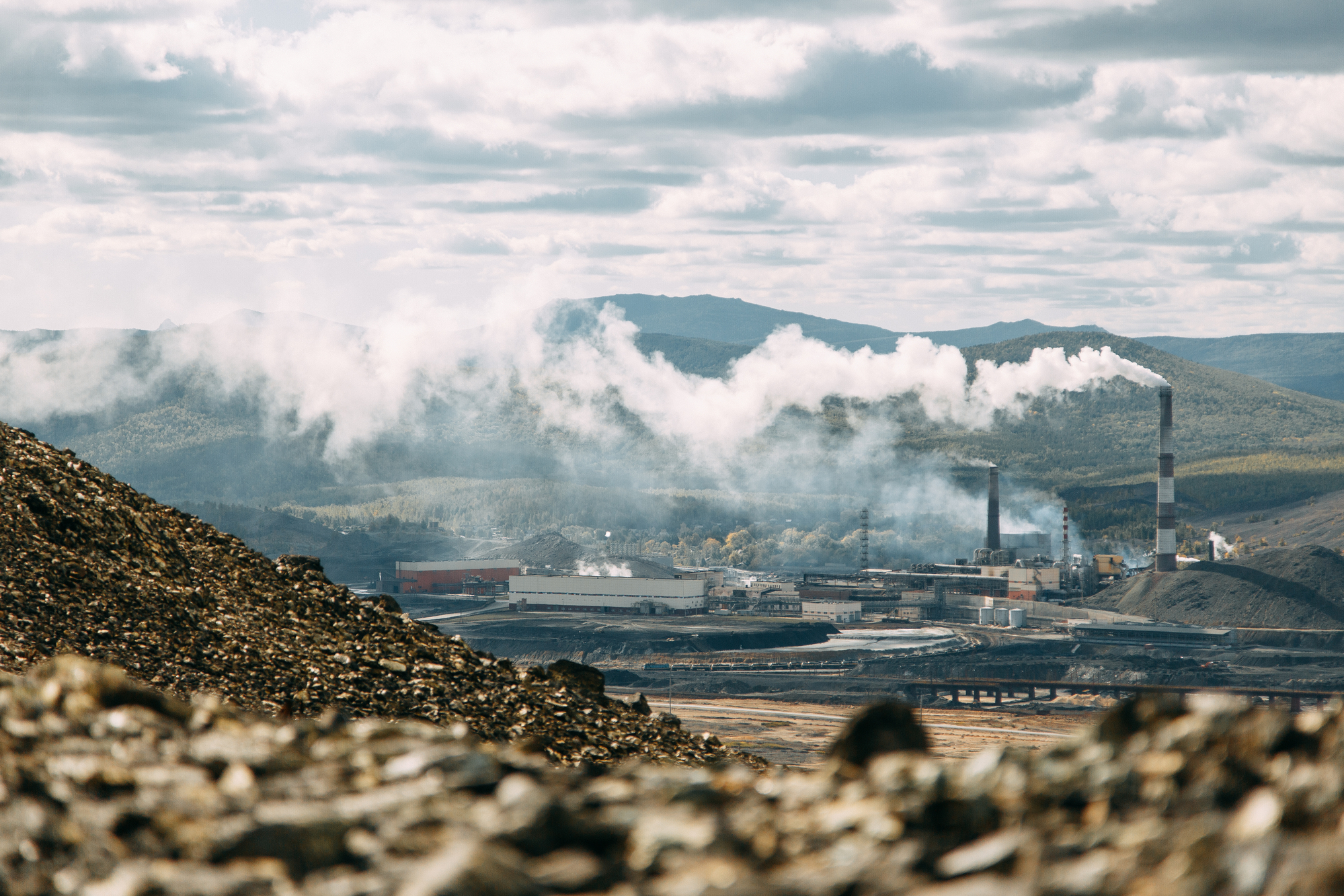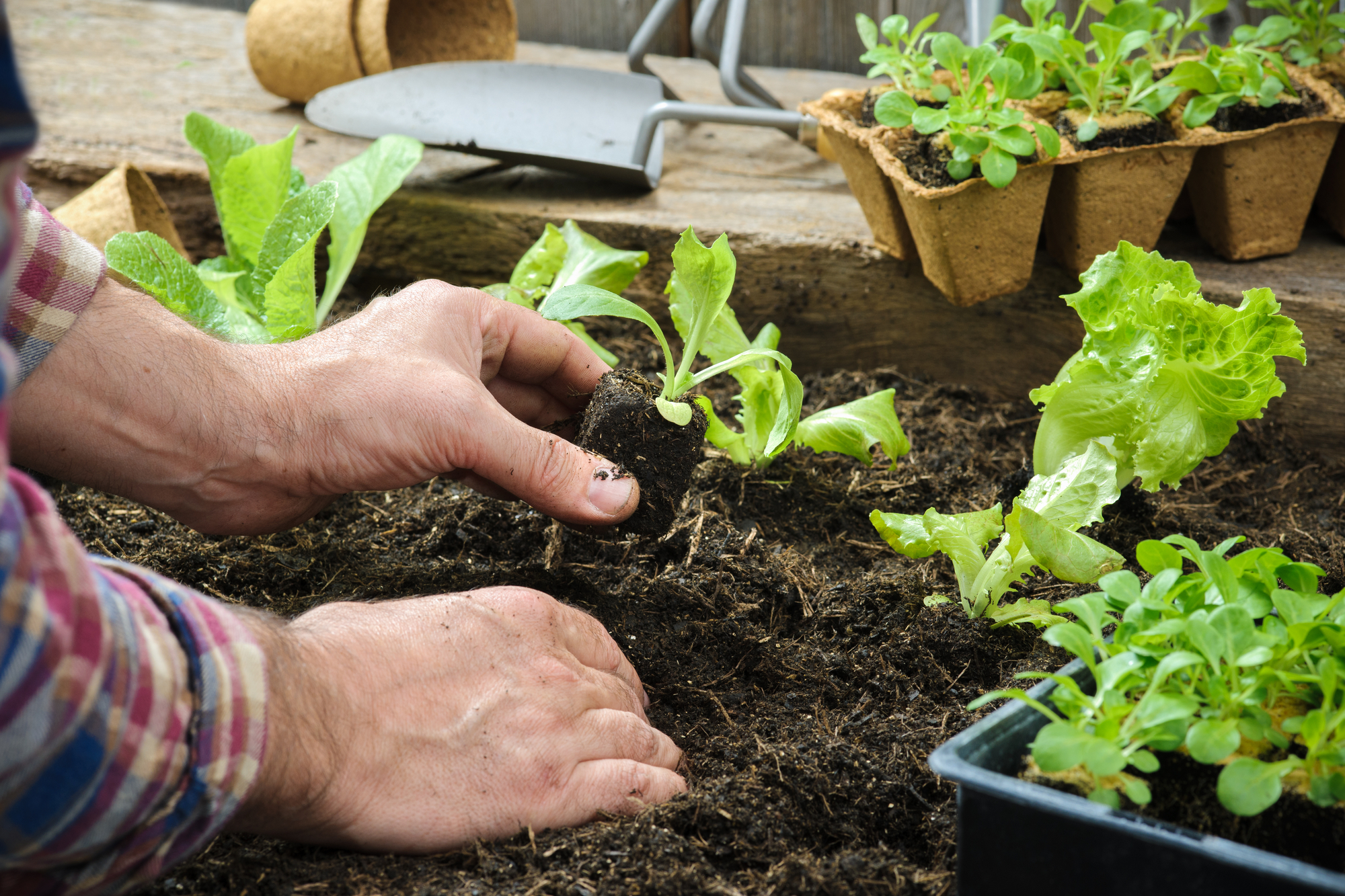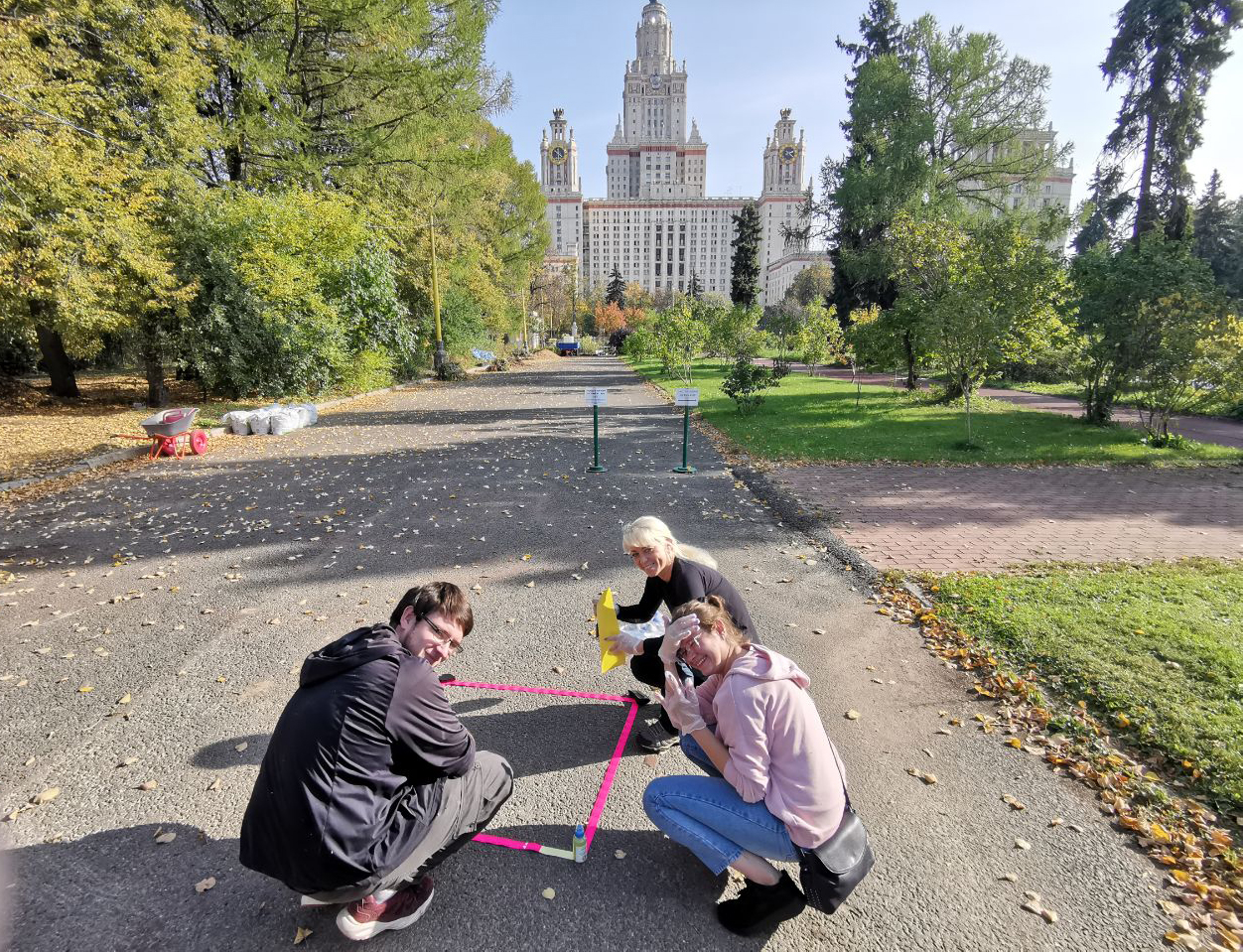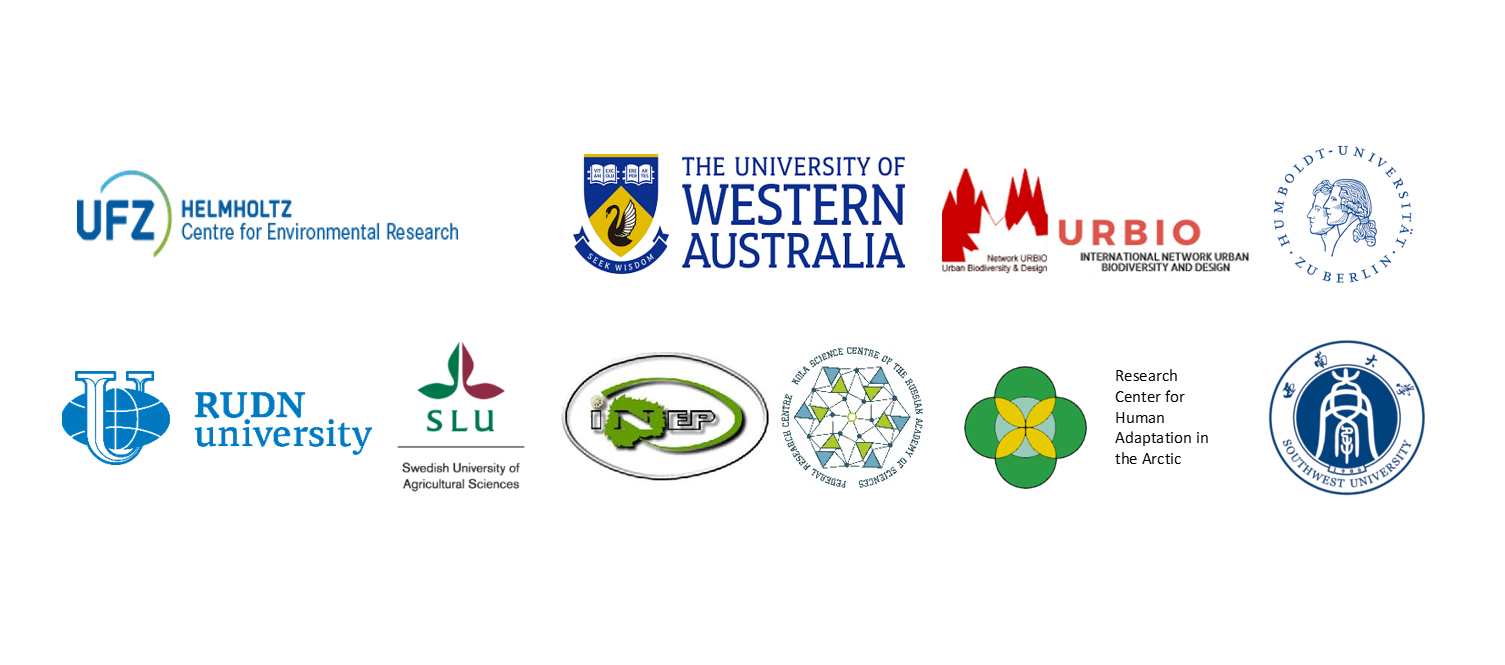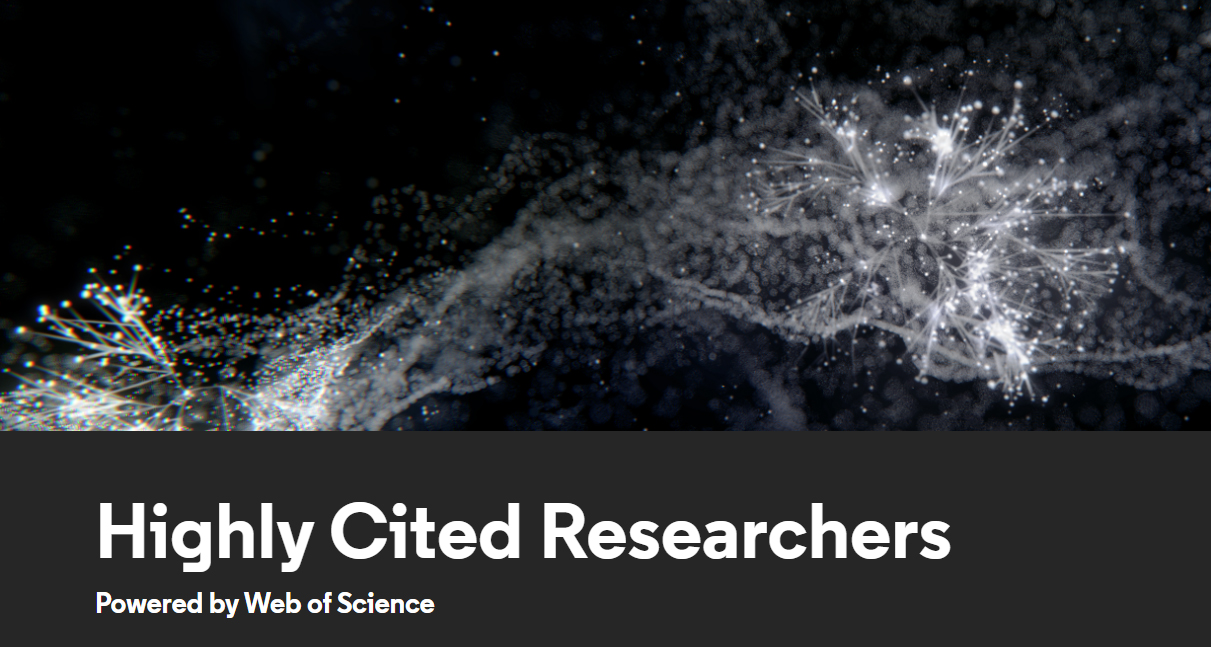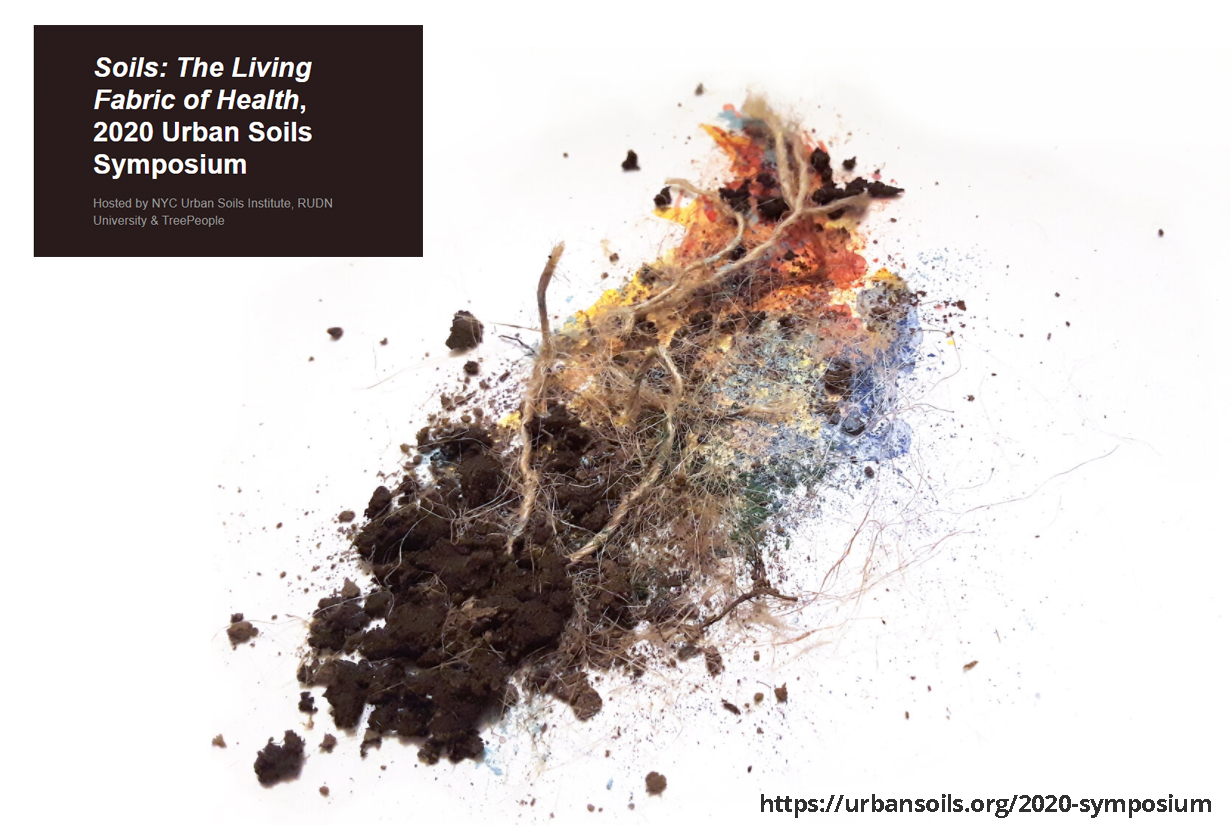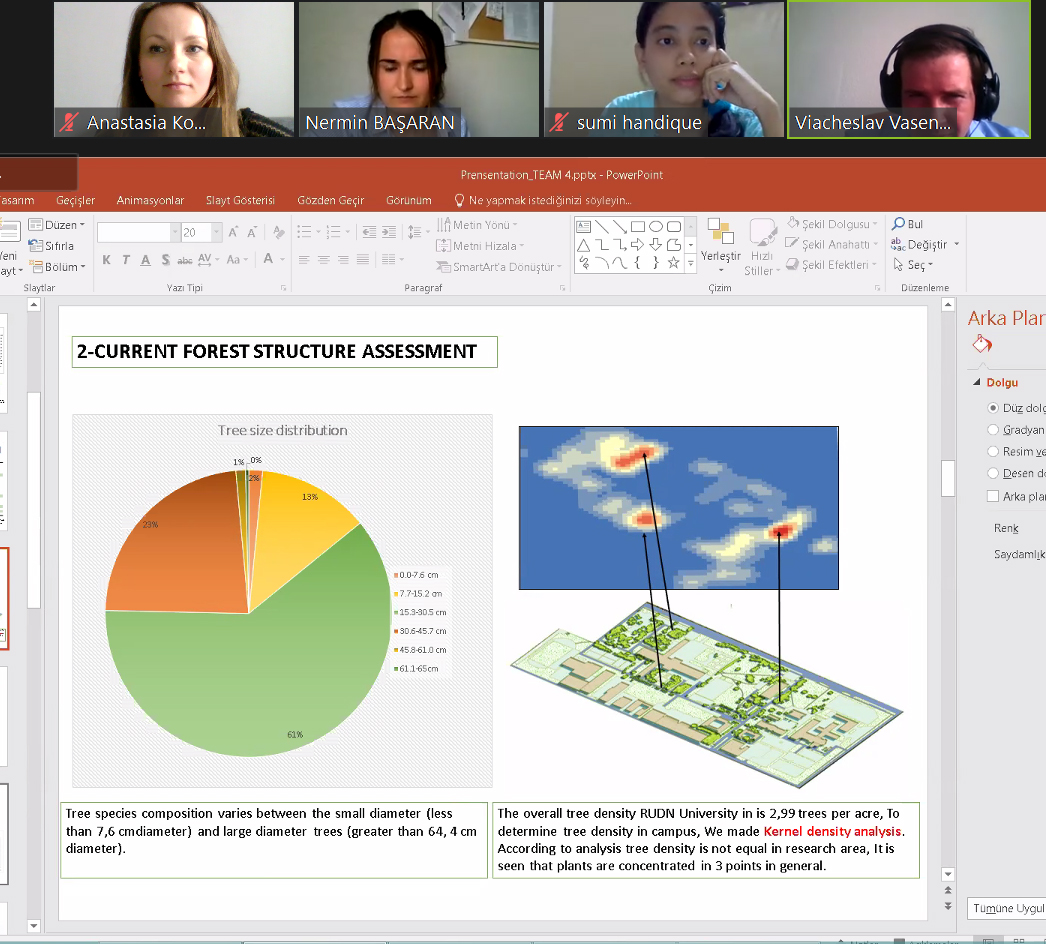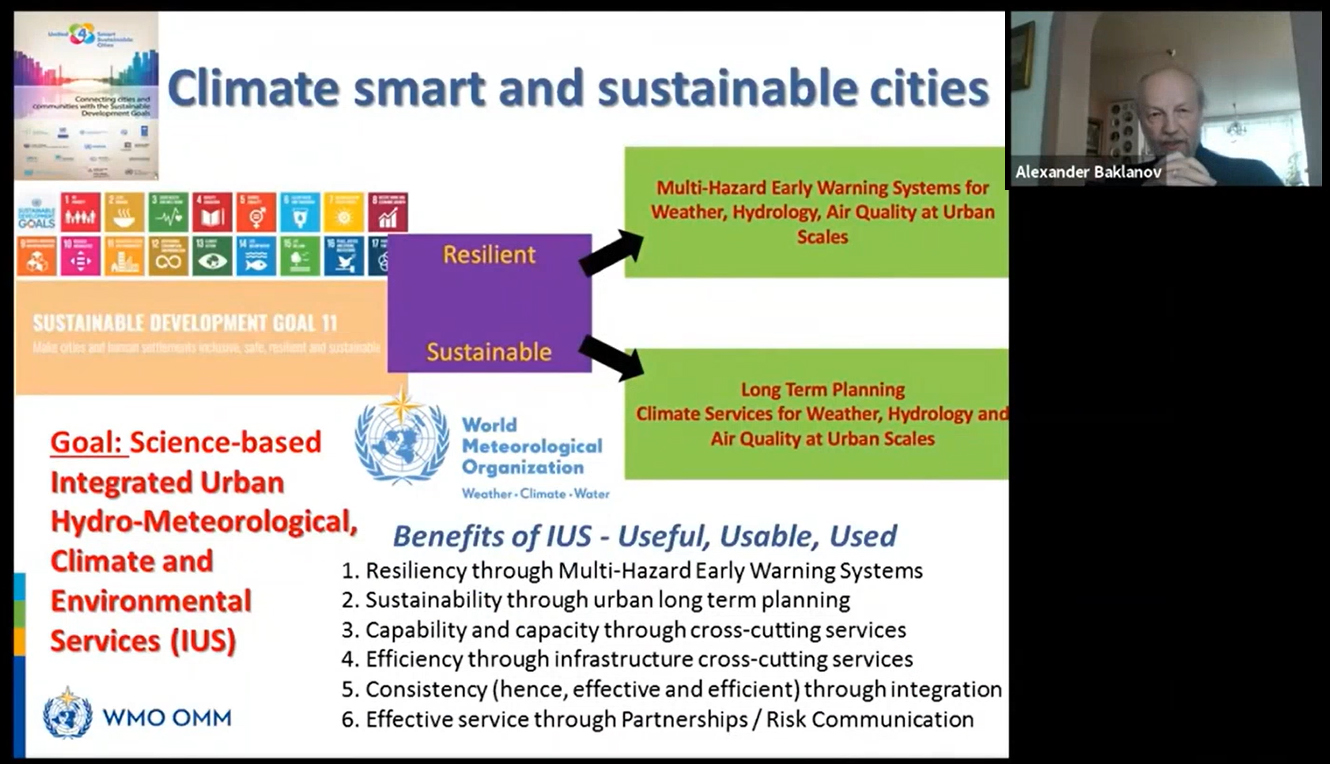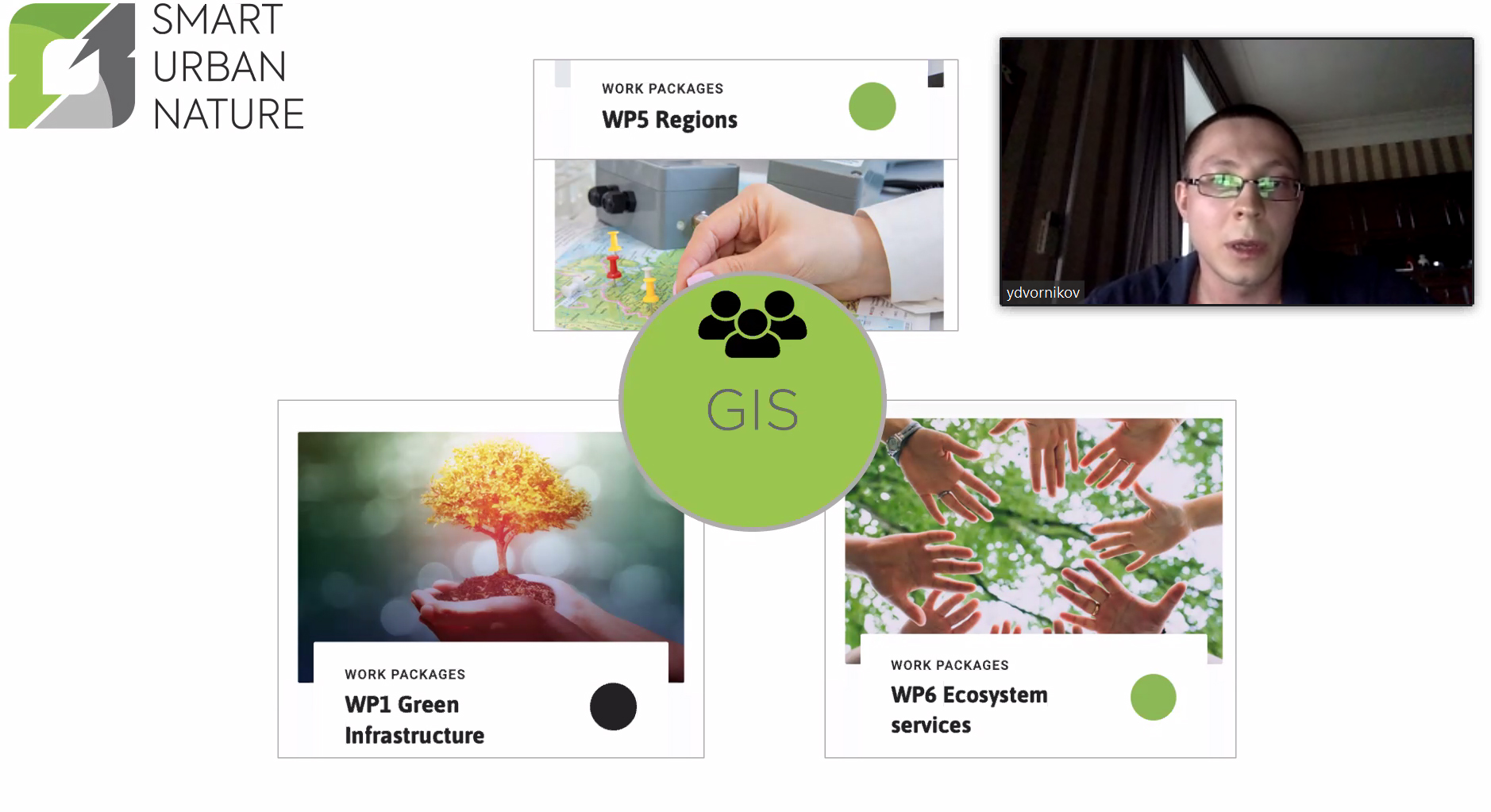In May 2021, SUN lab team’s scientific merit fund was replenished with an article “Gypsum soil amendment in metal-polluted soils — an added environmental hazard” which was published in the Chemosphere journal (SJR Q1). The authors team was represented by the Head of Agrarian Technological Institute (RUDN University) E.A. Dovletyarova, associate researchers Brykova R.A. and Losev A.I., postgraduate student Dubrovina T.A. in collaboration with Neaman A.A., professor of Institute of Agrarian Engineering at Southern University of Chili.
SUN Lab researcher in collaboration with a Chilean colleague examined soils under copper toxicity
In February 2021, a collaboration of Chilean and russian scientists represented by Elvira Dovletyarova, the Head of Agrarian Technological Institute (RUDN University) and Alexandr Neaman, professor of Institute of Agrarian Engineering at Southern University of Chili got their joint scientific article published in the highly rated Journal of Soil Science and Plant Nutrition (SJR Q1). The research was supported by the RUDN University Strategic Academic Leadership Program and the FONDECYT international project.
The biological component of microparticles in big cities: SUN Lab is developing research on improving air quality in urban conditions
Airborne fine dust particles (FD) are recognized as one of the most harmful pollutants to human health. The size of fine dust determines their ability to penetrate the human body, and particles less than 10 microns in size are recognized as the most dangerous. At the same time, the causes of FD toxicity are still insufficiently studied. For example, the relationship between mortality from COVID-19 and the concentration of FD in the air was shown. However, it is still not clear whether fine dust is a direct vector carrier of the virus or only exacerbates the susceptibility of the human body to the virus.
LAWN project partners update webinar 2020
By Dr. Diana Dushkova and Prof. Maria Ignatieva
On December 17, an online webinar of the LAWN 2020 project partners was organized by Dr. Diana Dushkova, Helmholtz Center for environmental research – UFZ Leipzig, Department of Urban and Environmental Sociology; Geography Department of Humboldt University Berlin, Germany and Prof. Dr. Maria Ignatieva, School of Design, University of Western Australia.
Professor Yakov Kuzyakov was named Highly Cited Researcher
Yakov Kuzyakov, a well-known soil scientist, a leading scientist at the Agricultural and Technological Institute in RUDN University (Russia) and a professor at King Saud University (Saudi Arabia), was awarded the title of highly cited researcher in the field of agricultural sciences (by Clarivate™).
The Highly Cited Researchers list includes scientists with the highest number of articles in the top 1% cited Web of Science citation in a particular field in the past year. In the field of Agricultural Sciences, 111 researchers have been awarded this title. And Yakov Kuzyakov turned out to be the only one scientist from a Russian university.
SUN Lab Scientists took part in Urban Soils Symposium
Experts of the Smart Urban Nature laboratory Vyacheslav Vasenev and Maria Korneikova made presentations in two different sessions of the 5th Annual Urban Soil Symposium “Soils: The Living Fabric of Health, 2020”. The event was organized by the Institute of Urban Soils of New York, RUDN University and TreePeople. Traditionally, the symposium is held in New York (USA) on the basis of the Institute of Urban Soils, but this year, amid the pandemic, the event took the format of a virtual meeting using a number of interactive video conferencing platforms.
SUN Lab in cooperation with Landscape Engineering Guild assessed ecosystem services for a new residential complex in Moscow
Smart Urban Nature lab together with the Landscape Engineering Guild, has implemented a project to assess ecosystem services for one of Moscow’s residential complexes.
Moscow architectural bureau UTRO, whose specialists developed the concept of improvement for the residential complex “Metropolia”, strove for a reasonable balance between the purpose of the object, the needs of people and the environment. Thus, the main goal in developing the concept was to bring nature to the city center to create a comfortable living environment. With the proximity of major roads, the impact of the urban heat island, and the increasing number of extreme weather events associated with climate change, the regulatory functions of green infrastructure seem to be the most significant.
Studying urban soils and green infrastructure: the fourth 3MUGIS-2020 summer school took place online
From July 3-13, 2020, the IV International Summer School 3MUGIS (Monitoring, Modeling and Managing Urban Soils and Green Infrastructure) was held on the basis of the Department of Landscape Design and Sustainable Ecosystems at RUDN University. The school is organized with the support of the Russian Science Foundation (RSF) and under the umbrella of the International Union of Soil Scientists (IUSS) and the New York City Soil Institute in collaboration with universities, research institutions and research groups from around the world.
“Sustainable city means green city”: scientists, practitioners and municipal services discussed new challenges and prospects for sustainable megalopolises
From July 8 to 10, 2020, the Smart and Sustainable Cities international conference in advanced technologies for sustainable development of urban green infrastructure was held on the base of the Department of Landscape architecture and sustainable ecosystems. Due to specific circumstances of the COVID-19 pandemic, the event was held online. However, this did not prevent the conference for the second time from becoming an open discussion platform uniting not only the research community, but also municipal services, environmental protection agencies and organizations working in the field of urban management and landscaping.
Particular attention in organizing the SSC-2020 conference was paid to attracting young scientists – participants of the 3MUGIS Summer School, which was held from July 3 to 13. The conference brought together more than 100 participants from Russia, USA, Australia, Germany, France, Italy, Ukraine, Kazakhstan with the involvement of leading russian and foreign experts in the field of ecology, soil science, landscape design and sustainable development.
The SUN lab team summed up the results of the one-year work
On June 24, 2020, the annual Board meeting of the Smart Urban Nature Lab was held. The meeting took its place online and was devoted to a discussion of the results of the laboratory’s work. The Board meeting gathered all the lab’s scientists and experts headed by Riccardo Valentini as well as invited international colleagues and external experts from France, Italy, Germany and Russia.
In more details scientists discussed the current SUN project “Smart technologies to monitor, model and evaluate ecosystem services provided by urban green infrastructure and soils to support decision making in sustainable city development under global changes” which was financed by Russian Science Foundation and started in May 2019.

